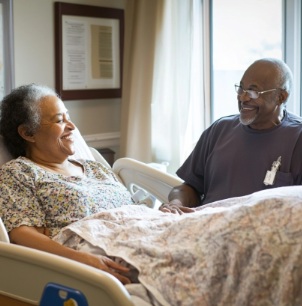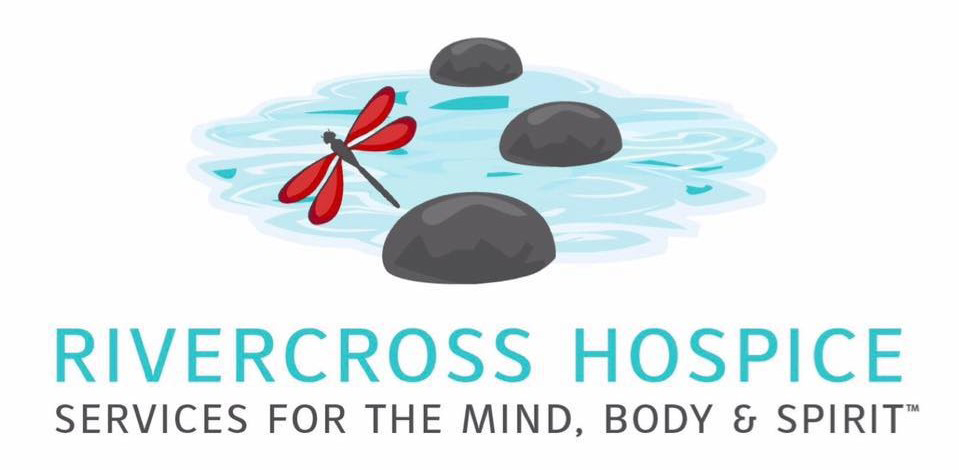Grief is a complicated emotion that many face at different points in life. For those dealing with the loss of a loved one, particularly in the context of hospice care, this complexity is amplified. Navigating through these turbulent emotions can be an overwhelming task. Suppose you or a loved one find yourself grappling with the intricacies of complicated grief. In that case, it is essential to understand the importance of finding the proper support, including hospice care in Bartlesville, OK.
Today, we delve into what constitutes complicated grief and how we can find compassionate help during these trying times.
What is Complicated Grief?
Complicated grief differs from the typical grieving process. While it’s normal to feel sadness, confusion, and even anger after the passing of someone dear, complicated grief extends beyond these emotions. It’s characterized by a persistent longing for the deceased, detachment, or difficulty moving forward. Individuals may feel trapped in their grief, unable to find peace or engage in everyday activities.
This can be especially true for families navigating end-of-life scenarios, such as those involving hospice care. The anticipatory grief that arises during a loved one’s decline can merge with the grief following their passing, leading to a compounded emotional experience.
Recognizing the Signs of Complicated Grief
Monitoring our emotional health and recognizing the signs of complicated grief is crucial. Common symptoms include prolonged sadness and emptiness, feelings of detachment or isolation, persistent preoccupation with the deceased, or even guilt and shame. If these feelings linger beyond the initial mourning period or worsen over time, it is essential to seek professional guidance.
Knowing when intervention is needed can help manage the complexities of grief. While every individual’s experience is unique, reaching out for support can signal the first step toward healing.
The Significance of Support Systems
In our experience, a stable support system is invaluable during grieving. Support can come from friends and family, but engaging with professionals can often lead to more profound healing. Organizations offering bereavement support services provide structured guidance to help individuals process their grief. These resources can empower grieving families with valuable coping strategies and support from trained professionals.

Moreover, utilizing hospice care can significantly alleviate emotional pain. Hospice staff are trained not only to manage the medical needs of patients but also to provide emotional and psychological support to families. They understand the toll that grieving can take and offer myriad resources to help manage these changes seamlessly.
Finding Professional Support
When exploring support options, consider professionals specializing in grief counseling and bereavement. Relevant therapies such as cognitive-behavioral therapy (CBT) have been shown to help individuals reconstruct and reclaim their lives after loss. Ultimately, the goal of any supportive service should be to equip those affected with the tools needed to navigate their emotions effectively.
Support groups also provide a way to connect with others facing similar experiences. Sharing stories and feelings can foster a sense of community, reminding those grieving that they are not alone.
Facilitating a thorough understanding of complicated grief is essential for healing. Acknowledging the pain, allowing ourselves to feel it, and reaching out for help are part of reclaiming control over our lives. Remember, embracing the services offered by nurturing professionals is not just an option — it’s often a vital step in reconnecting with life.
If you or a loved one is facing such challenging circumstances, don’t hesitate to contact Rivercross Healthcare for further guidance. Our compassionate caregivers understand the complex nature of grief and stand ready to offer unparalleled hospice care in Bartlesville, OK. Let us help you find peace in your journey toward healing.




